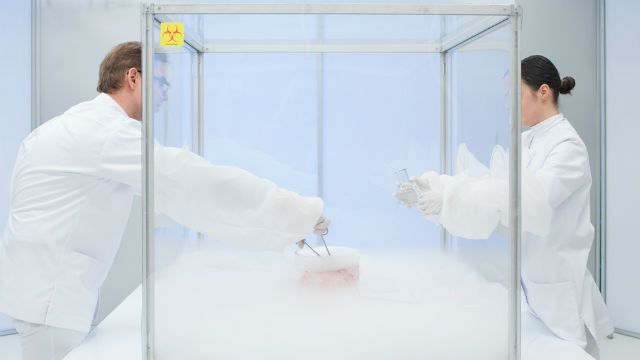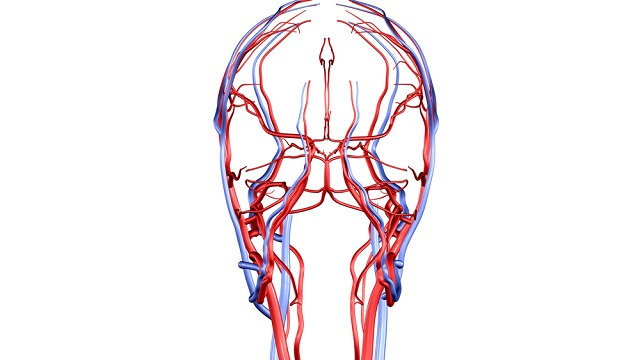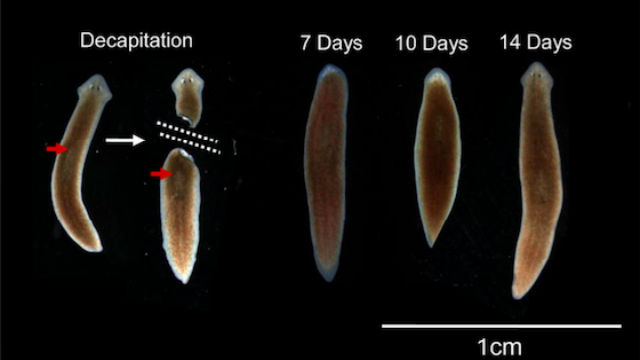Surprising Science
All Stories
Scientists are growing more confident that Jupiter’s moon could harbor life. The problem: Getting through its thick ice crust to the watery ocean beneath.
In this video, Dr. Ainissa Ramirez explains some of the science behind ice cream.
Tech research firm Gartner has coined the phrase “citizen developer” to describe the growing number of programmers whose skills came from outside the university environment.
In the wake of the Fukushima nuclear disaster, Germany quickly declared that it would phase out nuclear power as a domestic energy source. But now, many of its citizens are crying foul.
Opposition to the ideas of others is too often framed in terms of cynicism, resulting in the objector being labeled as steadfastly against action, progress, change, and other forms taken to be universally good.
New research completed at Washington University School of Medicine in St. Louis has identified a specific gene that may help manage our skill level for organizing things logically.
More important than the effect power has on its beholder is the person’s intentions, outlook and values. That power corrupts tells us more about the person who held it than about an indelible nature of power.
A new study published in the journal Environmental Research Letters found that air pollution, caused by fine particles capable of penetrating deep into the lungs, is responsible for 2.1 million deaths annually.
Even using unqualified life expectancy figures, the US is falling behind other nations, but we should not be blinded by our attempt to increase longevity without a concern for quality of life.
Verizon says it doesn’t want to replace copper-wire lines damaged during last year’s Superstorm Sandy, and AT&T hopes to turn off its entire landline network by 2020.
It’s not just for the disabled: Recent design school graduate Gabriele Meldaikyte spent a year studying situations in which able-bodied people may find themselves with only one hand to spare.
Guess what else is as unique as your fingerprint and can be scanned using a special infrared camera? Scientists in India have created an algorithm that can analyze such scans to over 97 percent accuracy.
The regenerative abilities of flatworms allow them to regrow their memories.
Psychiatry’s bible is also its worst enemy.
Long assumed to be a sterile environment, Lake Vostok may very well host a living ecosystem, according to a new study. If life exists there, it may exist on other planets with similar conditions.
A new Kickstarter campaign seeks $200,000 to propel a CubeSat into Earth orbit and eventually deep space using a miniature propulsion engine.
Researchers speculate that the forest, located just off the coast of Alabama, was buried under sediment for over 50,000 years before being revealed by Hurricane Katrina in 2005.
The United Nations Food and Agriculture Organization, or FAO, has found Mexico to be the world’s most obese country with an obesity rate of 32.8 percent, a full point higher than the United States’.
Princeton scientists have found that mice are less anxious about experiencing stressors, such as entering a pool of cold water, when they are allowed regular exercise.
What is lost in our rush to personalize solutions to societal problems, says Evgeny Morozov, is the fact that broad political solutions, such as regulation of industry, can prove very effective.
If you occasionally think your phone is vibrating when it’s actually not, you are among the 80 percent of people who make the same mistake. But this error in perception is not an impending sign of madness.
Researchers have found that most people confuse foods which manufacturers label as “healthy” with low-calorie meal options. As a result, it is easier for people to overeat without knowing it.
Nearly a year after going off their antiretroviral drugs, two men previously infected with HIV are still showing no signs of the virus thanks to a dramatic bone marrow transplant.
Researchers want to help people quit smoking by taking the fight against nicotine addiction to the nano scale. Thanks to a $3.3 million grant from the National Institute of Drug Abuse.
An Indiana-based technology startup is working to create new heads for computer hard drives that could improve their storage density and assist in the development of light-driven cancer therapies.
Japanese scientist have successfully grown human liver cells from stem cells, implanting them into mice which, for the first time, has resulted in three-dimensional functional liver structures.
Debuting this week is Stella, the world’s first solar-powered car big enough to seat four people. It was created by a team of Dutch university students as their entry in the upcoming World Solar Challenge.
It probably won’t be as fun, but you may gamble less, say researchers at the University of Waterloo, who found that slot machines’ sound effects help trick players into thinking they’ve won even when they’ve lost.
Using bone conduction technology, two firms have created a way to pitch ads to train travelers when they rest their heads against the window.
First there was strongly-worded text, and then there were gruesome pictures. Now, Stirling University researchers have developed a cigarette pack that plays an audio clip when opened.





























